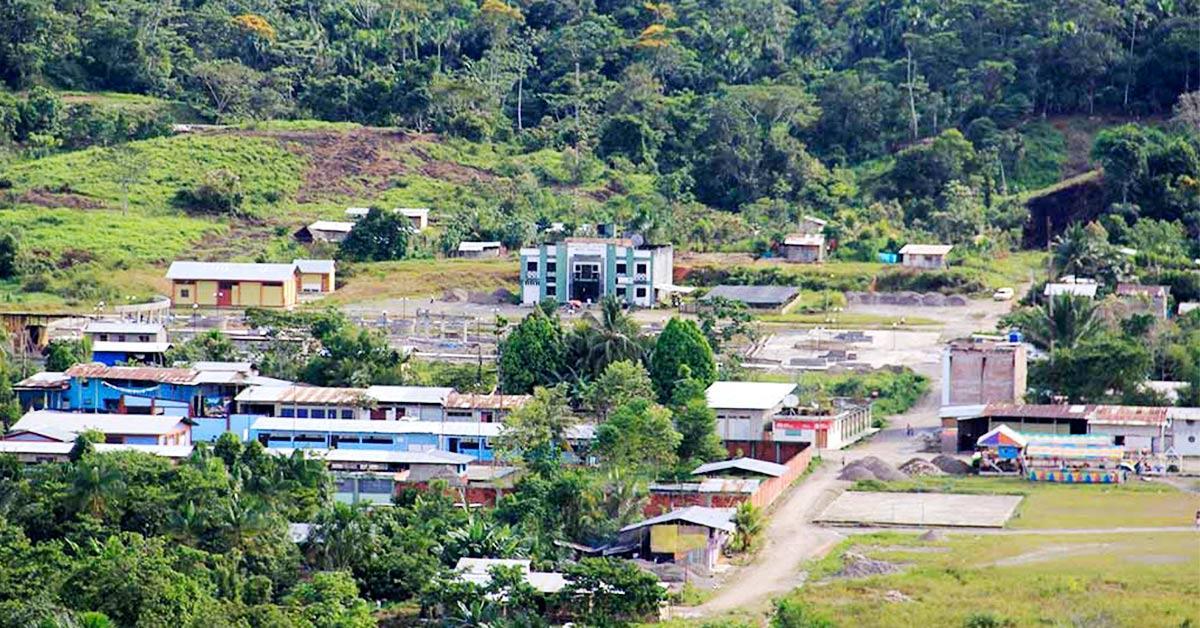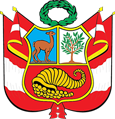PETROPERÚ promotes greater coordination to close gaps in Amazonian communities

Through the Program for Social Advocacy and Government Coordination (PIAG), PETROPERÚ and the Continental University have been holding bilateral meetings with regional governments and the corresponding government sectors to achieve greater coordination and address the social gaps in the localities near the North Peruvian Pipeline (ONP).
In April, the local authorities of the provinces of Condorcanqui (Amazonas) and Datem del Marañón (Loreto), as well as the districts of Urarinas, Manseriche and Imaza, held bilateral meetings with the Regional Governments of Amazonas and Loreto, in those that technically exposed the needs of their localities to improve the quality of life of their inhabitants.
The provincial and district mayors have highlighted the importance of the PIAG, which has also allowed them to publicize the social gaps and their main problems and projects to the representatives of the Presidency of the Council of Ministers (PCM) and the Ministry of Education, generating important synergies that will contribute to the sustainable development of their localities.
This month, they will hold bilateral meetings with representatives of the ministries of Economy and Finance (MEF), Transport and Communications (MTC), Development and Social Inclusion (MIDIS) and Energy and Mines (MINEM). Through these spaces for dialogue, they articulate with the State to achieve the common objective of providing work and coordination facilities for the development of the populations close to the ONP.
The acceptance and interest in these conferences developed by PETROPERÚ marks an important step for local governments to manage before the corresponding authorities the prioritization of projects that allow to meet basic needs such as water and sanitation, better transportation routes and access to health services and education.

